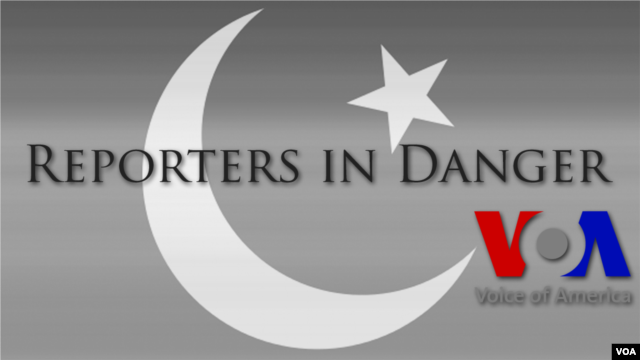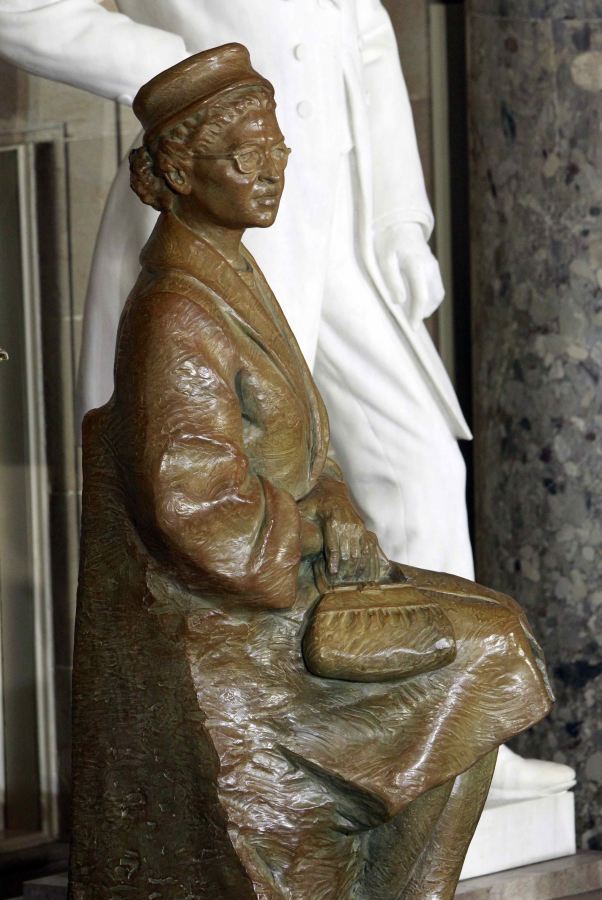http://xfinity.comcast.net

Battling tears, the father of one of the first-graders slain at the December elementary school massacre in Connecticut pleaded with senators on Wednesday to ban assault weapons like the gun that killed his 6-year-old son.
"I'm not here for sympathy," Neil Heslin, a 50-year-old construction worker who said he grew up with guns and had been teaching his son, Jesse, about them. "I'm here because of my son."
Heslin spoke for 11 minutes, his voice barely audible and breaking at times, to the Senate Judiciary Committee that is deeply divided over the issue of curbing guns.
The panel was holding a hearing on a bill by Sen. Dianne Feinstein, D-Calif., to ban assault weapons and ammunition magazines that can carry more than 10 rounds. Feinstein and her allies said her measure would reduce the deaths such high-powered firearms can cause, but Republicans on the panel said the move would violate the constitutional right to bear arms and take guns away from law-abiding citizens who use them for self-defense.
Heslin said he supports sportsmen and the Second Amendment right for citizens to have firearms. But he said that amendment was written centuries before weapons as deadly as assault weapons were invented.
"No person should have to go through what myself" and other victims' families have had to endure, Heslin told the lawmakers.
He recalled the morning of Dec. 14, when 20-year-old Adam Lanza used a Bushmaster assault weapon to kill 20 first-graders and six staffers at the Sandy Hook Elementary school in Newtown, Conn.
"He said it's all going to be OK," Heslin said his son told him when he dropped him off at school. He added, "And it wasn't OK."
Despite Newtown and other mass shootings, the bruising, difficult path through Congress that gun control legislation faces was underscored Wednesday when the chairman of the House Judiciary Committee said he opposes universal background checks for gun purchases, a central piece of President Barack Obama's plan for curbing gun violence. Rep. Bob Goodlatte, R-Va., told reporters that the proposal could lead to creation of a federal gun registry — which the Obama administration has said will not happen.
Wednesday's Senate Judiciary hearing was its third since the Newtown tragedy made gun violence a top-tier national issue. The Judiciary panel could begin writing legislation as early as Thursday, but that session is likely to be delayed until next week.
Numerous relatives and neighbors of victims of Newtown, as well as other shootings at Aurora, Colo., and Virginia Tech filled the large hearing room.
At one point, Feinstein played a video showing how a bump fire slide, a piece of equipment added to an assault weapon, allows it to rapidly fire many rounds of ammunition, much as a machine gun would.
"The need for a federal ban has never been greater," Feinstein said.
The panel's top Republican, Sen. Charles Grassley of Iowa, expressed sympathy for gun violence victim, but said existing gun laws are not being adequately enforced, including background checks designed to prevent criminals from getting weapons.
"We should be skeptical about giving the Justice Department more laws to enforce" when it's not enforcing current ones, Grassley said.
Grassley said he believed Congress will eventually take action on boosting penalties for illegally trafficking guns, on more adequately keeping guns from people with mental problems, and encouraging states do a better job of reporting mental health records of potential gun buyers to the federal background check system.
At one point, Sen. Lindsey Graham, R-S.C., used his questioning of Milwaukee Police Chief Edward Flynn to argue that the current background check system is not being well enforced, since only a handful of the roughly 80,000 people annually who fail those checks are prosecuted for filing documents saying they qualify to own the weapons.
Uncharacteristically for a Senate hearing, Flynn interrupted the senator, saying, "I want to stop 76,000 people from buying guns illegally," a reference to the gun purchases that the background check system blocked last year. "That's what background check does."
His remark drew applause from spectators in the room.
Across the Capitol, the House Education and Workforce Committee planned to hear from school safety experts and counselors about how to keep students safe.
"How can we be confident that something like this does not happen again?" asked John Kline, R-Minn., the Republican panel's chairman as the meeting began.
His Democratic counterpart, Rep. George Miller of California, said school safety is linked to firearms.
"Sandy Hook is an event that calls us on us as policymakers to do something. ... A school must be a place where children feel secure," Miller said. "Turning schools into armed fortresses is not the answer."
Instead, he said schools need to add counseling services and mental health programs.
In their prepared testimony, witnesses there were careful not to endorse the NRA's suggestion that armed volunteers in schools were a realistic answer to prevent future attacks.
"I cannot emphasize enough how critical it is for officers to be properly selected and properly trained to function in the school environment," said Mo Canady, executive director of the National Association of School Resource Officers.
Despite the raw emotion, Feinstein's effort to ban assault weapons is expected to fall short due to opposition by the National Rifle Association and many Republicans, plus wariness by moderate Democrats.
Feinstein's bill has attracted 21 co-sponsors, all Democrats. Including herself, it is sponsored by eight of the 10 Judiciary panel Democrats — precarious for a committee where Democrats outnumber Republicans 10-8. Democrats on the panel who haven't co-sponsored the measure include the chairman, Pat Leahy of Vermont, who said Monday he hadn't seen the bill.
Obama made bans on assault weapons and large capacity magazines key parts of the gun curbs he proposed in January in response to the Connecticut school massacre.
The cornerstone of his package is a call for universal background checks for gun buyers, some version of which seems to have a stronger chance of moving through Congress. Currently, only sales by federally licensed gun dealers require such checks, which are designed to prevent criminals and others from obtaining firearms.
Feinstein's bill would ban future sales of assault weapons and magazines carrying more than 10 rounds of ammunition but exempt those that already exist. It would bar sales, manufacturing and imports of semiautomatic rifles and pistols that can use detachable magazines and have threaded barrels or other military features. The measure specifically bans 157 firearms but excludes 2,258 others in an effort to avoid barring hunting and sporting weapons.
Feinstein, who helped create a 1994 assault weapons ban that expired in 2004, and other supporters cite studies showing use of the firearms in crimes diminished while the prohibition lasted. A 2004 report said the proportion of gun crimes involving assault weapons dropped by up to 72 percent in five cities studied.
Opponents cite data from that same study showing assault weapons were used in only 2 percent to 8 percent of gun crimes, arguing that a ban would have little impact. The study also estimated there were 1.5 million assault weapons owned privately in the U.S. in 1994, and an estimated 30 million high-capacity magazines as of 1999, which critics say means exempting them would diminish a ban's effect











